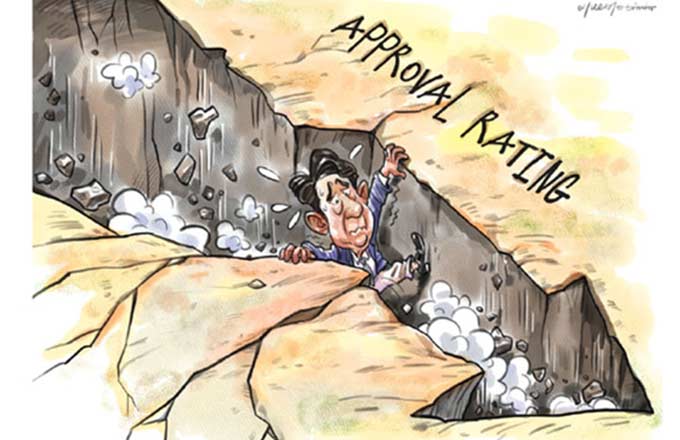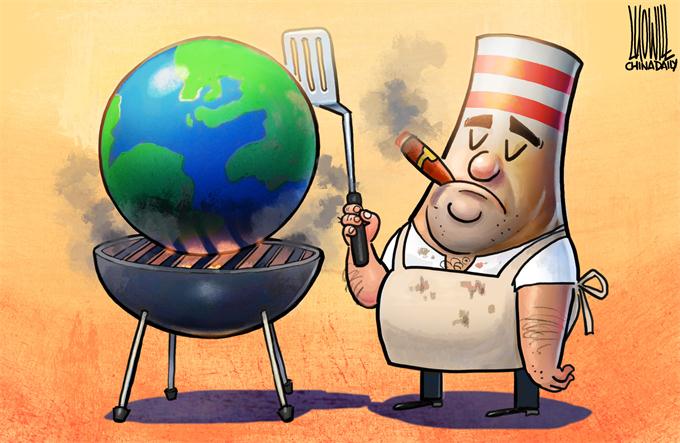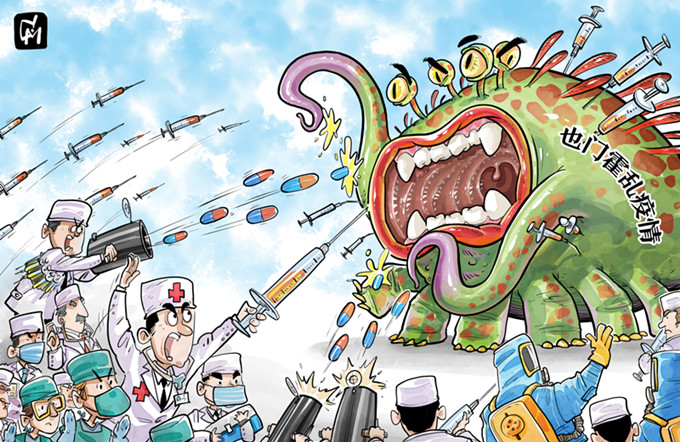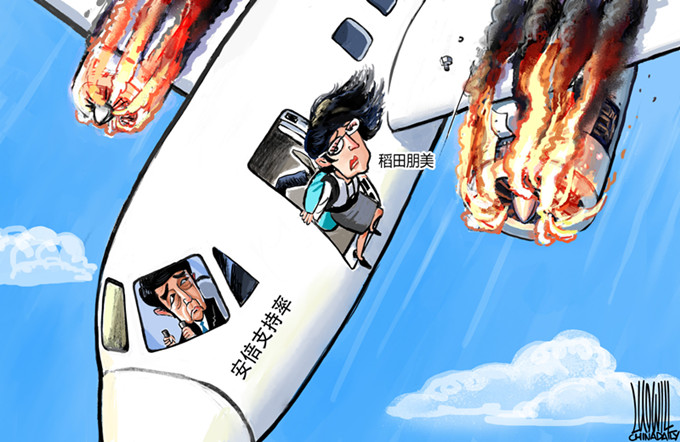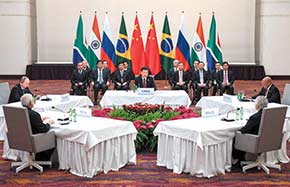Dialogue can reduce trade frictions
The first round of a comprehensive economic dialogue between China and the United States will be held on July 19 in Washington under the co-chairmanship of Chinese Vice-Premier Wang Yang, and US Secretary of Treasury Steven Mnuchin and Secretary of Commerce Wilbur Ross. It will be one of the many first rounds of future dialogues, which also include those on law enforcement, cybersecurity, and people-to-people and cultural exchanges.
The decision to hold the comprehensive economic dialogue on Wednesday was confirmed by President Xi Jinping and US President Donald Trump on the sidelines of the G20 summit in Hamburg, Germany, where Xi told Trump the 100-Day Action Plan on China-US economic cooperation has made notable progress and both sides are working on a one-year cooperation plan.
Compared with the annual US-China Strategic and Economic Dialogue held between 2009 and 2016, the upcoming dialogue will focus more on concrete negotiations and aim to "get things done" before due time.
Last week, more than 20 enterprises from both sides signed agricultural transaction contracts worth at least $5 billion in Des Moines, Iowa, as China has reopened its market to US beef products for the first time since 2003. Under the contracts Chinese enterprises will import 12.53 million metric tons of soybeans and 371 tons of pork and beef from the US, which in turn is expected to import Chinese poultry products.
These early gains explain what the 100-Day Action Plan, which was agreed by Xi and Trump just three months ago, has the potential to achieve. They also indicate that the Trump administration wants a result-oriented relationship with Beijing.
The July 19 meeting will likely facilitate negotiations on agricultural exchanges, financial services, investment and energy, all key areas of the 100-Day Action Plan, which is proving to be more constructive and fruitful than some skeptics were ready to accept. Flagship deals inked under the framework of the action plan have helped both countries avert a possible trade war and restore their faith in trade cooperation. They have also set an apt example for the year-long cooperation program.
Beijing's pursuit of free trade is resonating in other economies, too. Earlier this month the European Union and Japan concluded an outline free trade deal in Brussels, sending a message to the international community that two of the world's biggest economic powers will uphold free trade even if the US seems to have taken the opposite course.
The EU-Japan FTA, which would account for 30 percent of the global GDP, would allow Japan to export more cars to the European markets and the EU to export more farming products to Japan. It could also prompt Trump to reconsider his "America First" credo and protectionist policies, as well as help China and the US to finalize their bilateral investment treaty.
China-US relations, in essence, are both about cooperation and competition, as are their economic ties. And the comprehensive economic dialogue is expected to reduce the side effects of competition and trade frictions, while instilling in both sides a stronger sense of trust and understanding, as trade remains the cornerstone of one of the world's most important bilateral relationships.
The author is head of American Political Studies at the Institute of American Studies, China Institutes of Contemporary International Relations. The article is an excerpt from his interview with China Daily's Cui Shoufeng.




